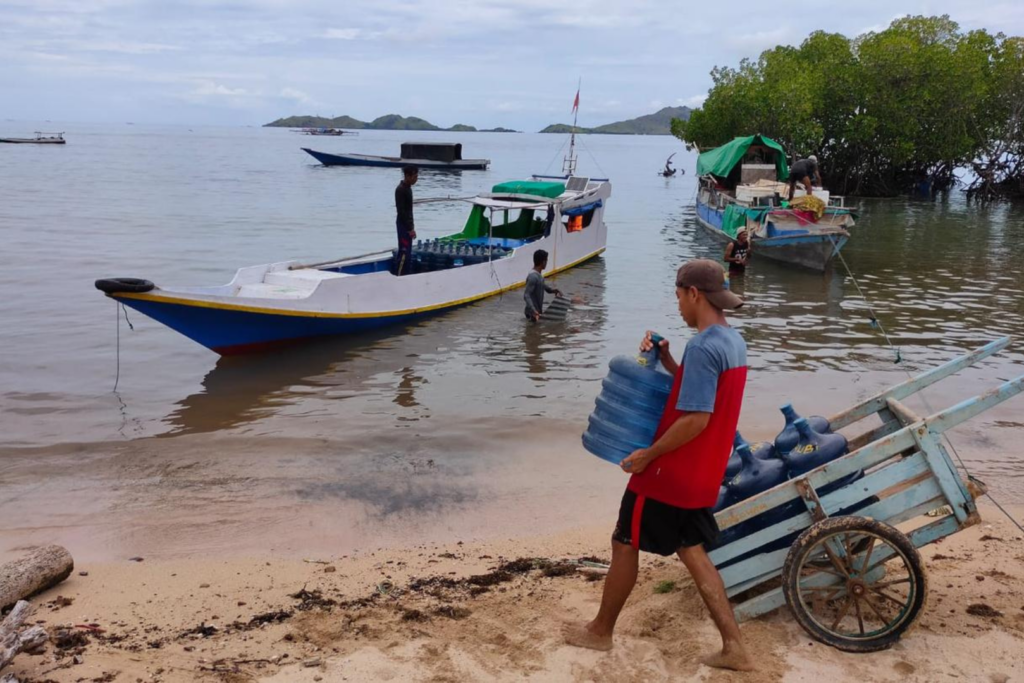Shana Fatina got the idea for her startup during a trip to Komodo National Park in Indonesia, where she enjoyed beaches, coral reefs and Komodo dragons, the park’s famous lizards. But she noticed something else: People in nearby villages had no easy access to clean drinking water and spent hours boating to buy expensive water or walking miles to collect spring water.
Fatina, an industrial engineer with expertise in clean energy and community advocacy, wanted to help solve the problem. She moved to the remote island area in 2011, a year after her trip, and started Komodo Water, which has since installed off-grid clean water systems for thousands of people.
“Komodo National Park is a world destination, but somehow people were living without clean water,” says Fatina, who grew up in the Indonesian capital of Jakarta. “I couldn’t imagine living that way. But with access to clean water, people will have a better quality of life.”
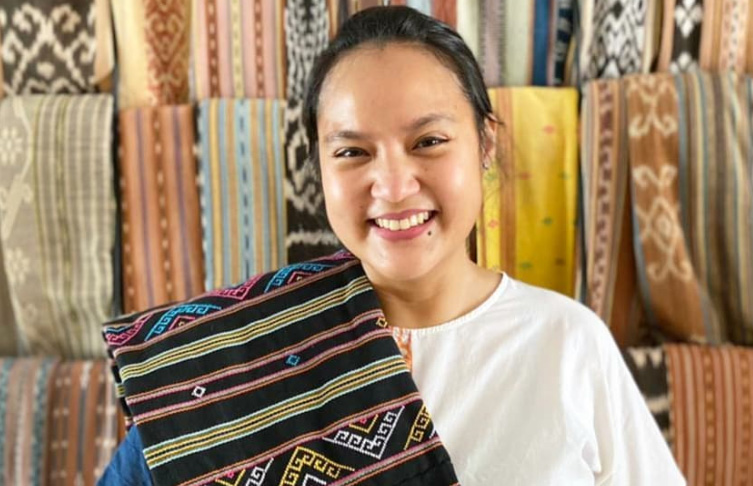
Komodo Water is one of many businesses working on environmental sustainability with Microsoft’s Entrepreneurship for Positive Impact, an initiative that helps startup founders solve some of the world’s most pressing problems. Launched in May of 2022, the program has supported more than 860 entrepreneurs from 64 countries working to end poverty, promote equity and protect the planet through innovation.
“Our initiative is a way for social entrepreneurs to use technologies to solve challenges and drive impact for the common good,” says Anthony Virapin, worldwide leader for the program. “If we can help these heroes and changemakers use our technologies to create a multiplier effect and positive impact at scale, that’s a no-brainer for us.”
Microsoft partners with entrepreneurs working on at least one of the United Nations’ 17 sustainable development goals to help people and the planet. It provides technical support, mentoring, coaching and exposure to a global ecosystem of customers, investors and partners ranging from other startups to global organizations like EY and Nasdaq. It also has an accelerator with advanced support for select participants.
All the businesses are working on goals to promote quality of life, but the focus for many is preserving the Earth with solutions for climate change, conservation and sustainable access to natural resources. Here’s a look at three entrepreneurs doing innovative work in this space.
Clean water and eco-friendlier ice
Komodo Water started with a few coastal villages and is working to expand its services in Indonesia, where 14% of rural households, or nearly 17 million people, lacked easy access to safer drinking water in 2020, according to a World Health Organization and UNICEF report published in July of 2021. Komodo Water has done more than a hundred water surveys for new sites and branched out with environmental services like plastic recycling and 100% solar-powered ice production.
To grow, the company needed to automate workflows and move away from manual spreadsheets slowing it down. With support from Microsoft’s initiative, the company’s small IT team built a water analysis and management platform on Azure and an app to track recycled materials. The team is also excited to explore AI technologies like computer vision for its water surveys.
“Our tech team consists of only two developers right now, so it has been very helpful for building our technical capacity,” says Fatina.
Digitalization is helping the company empower more communities, whether it’s improving public health with clean water, creating new jobs in water and waste management, or supporting local industries with new services.
One such service began when Fatina noticed many fishermen storing their catch on ice made with diesel generators and bagged in plastic. That prompted Komodo Water to provide solar-powered equipment for making large, unbagged ice blocks that last longer. The ice reduces waste around the lush, volcanic island of Flores in eastern Indonesia and helps fishermen stay at sea longer to catch and sell more fish.
“We don’t just provide ice and clean water and reduce plastic,” Fatina says. “We help drive local economies and support productivity for people. So then the ecosystem will be sustainable and deliver quality of life in the long run.”
Saving platypuses and flying foxes with technology
In Australia, Camille Goldstone-Henry was motivated to start her tech company after working on a large project to save Tasmanian devils from extinction. She was managing a wild population of more than a thousand devils — marsupials native to the country — and making complex breeding decisions based on genetics and demographics. But the data she and her team were using was kept in mountains of old paper records.
“We were physically highlighting which devil would breed with another individual and where we could move them,” says Goldstone-Henry, a wildlife conservation scientist who encountered similar data problems working with orange-bellied parrots, Sumatran tigers and other vulnerable species.
“I just thought, we have to find more automated, flexible ways of making these decisions,” she says.
To accomplish that goal, she started Xylo Systems in 2020 to aggregate biodiversity data and help businesses assess and minimize their impact on nature. The work is happening amid chronic underfunding in conservation and a rapid loss in biodiversity, with an estimated 1 million species threatened with extinction, according to a 2019 report by the Intergovernmental Science-Policy Platform on Biodiversity and Ecosystem Services.
“When you’ve got species heading down the extinction pathway, taking eight months to a year to gather information and make decisions is far too long,” Goldstone-Henry says.
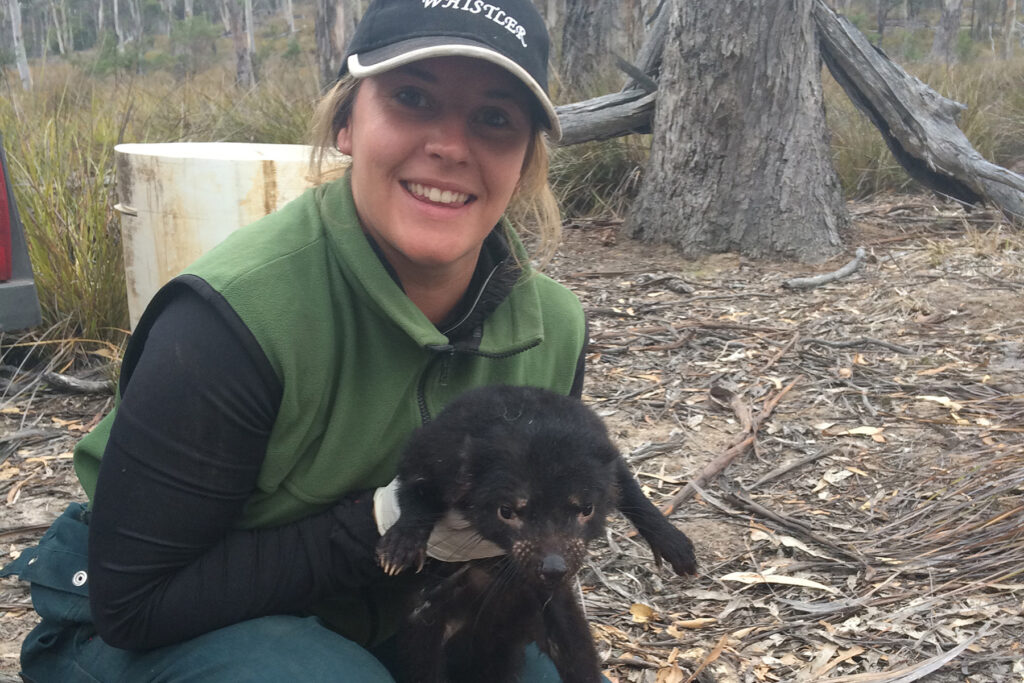
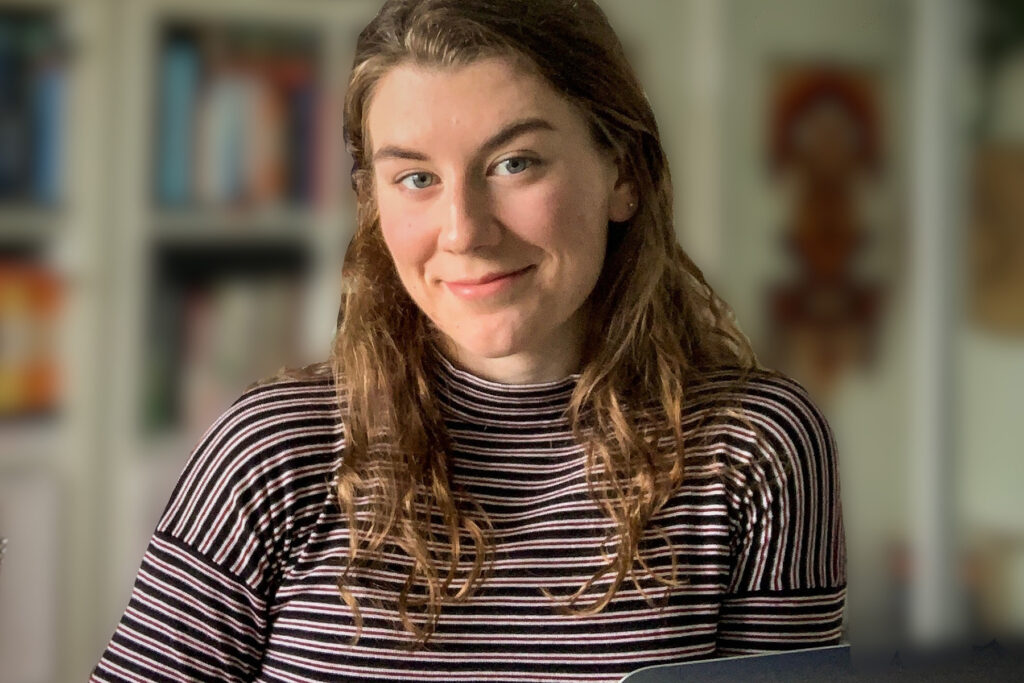
But with access to Microsoft’s Azure, Power BI and low-code tools in Power Apps, Xylo Systems’ co-founder and chief product officer Jada Andersen was able to quickly build a platform to show customers and gather feedback for the next iteration — without needing data engineering experience. The company’s two-person team built a platform that analyzes data from academic, government, camera trap, bioacoustic and other sources, and is now working with customers globally.
“Having that support and full tech stack from the very beginning was crucial,” says Andersen.
Xylo Systems has since added a data scientist and identified more than a hundred vulnerable and endangered species in roughly 6,000 square kilometers of land for customers. It recently recommended tree species to plant for supporting the platypus, grey-headed flying fox and other endangered species in projects for a local energy company and an urban park developer.
For Goldstone-Henry, a member of the Kamilaroi nation in Australia, and Andersen, a former ecology researcher, Xylo Systems is an opportunity to run an Indigenous- and female-owned company that cares for the land.
“If we can empower organizations to have a positive impact on biodiversity as opposed to just minimizing negative impacts, that’s our guiding star,” says Andersen.
Helping companies invest in climate projects
In 2017, Diego Sanz crowd-funded a new business that helped people buy and manage forest shares to reduce their carbon footprint in a fun, easy way. A software engineer interested in sustainability, he created a mobile app that felt like a simulation game, launched his business Reforestum and planted its first group-funded forest in Spain.
The Spanish company has since evolved into a business that helps large enterprises navigate voluntary carbon markets and invest in climate projects around the world. Voluntary markets can help organizations reduce their carbon impact, but they’re nascent and fragmented and function outside of regulated compliance carbon markets. Many companies have a hard time finding trustworthy, high-quality projects in the voluntary markets and must sift through time-consuming emails and spreadsheets.
“In these large and complex markets, companies are having to compare apples and oranges and pears,” says Reforestum co-founder and chief revenue officer Alban Bressand. “They have to choose, ‘Do I support a wind farm in Kazakhstan? Do I support a conservation project in Indonesia? Do I support a new forest in the U.S. because that’s where I am?”’
To solve the problem, Reforestum built a platform synchronized with major, global carbon registries. It provides tools for companies to add their own investment criteria, search for and compare projects, and see independent carbon ratings. It also gives customers ways to track and manage the impact of their portfolios on carbon, biodiversity and community engagement.
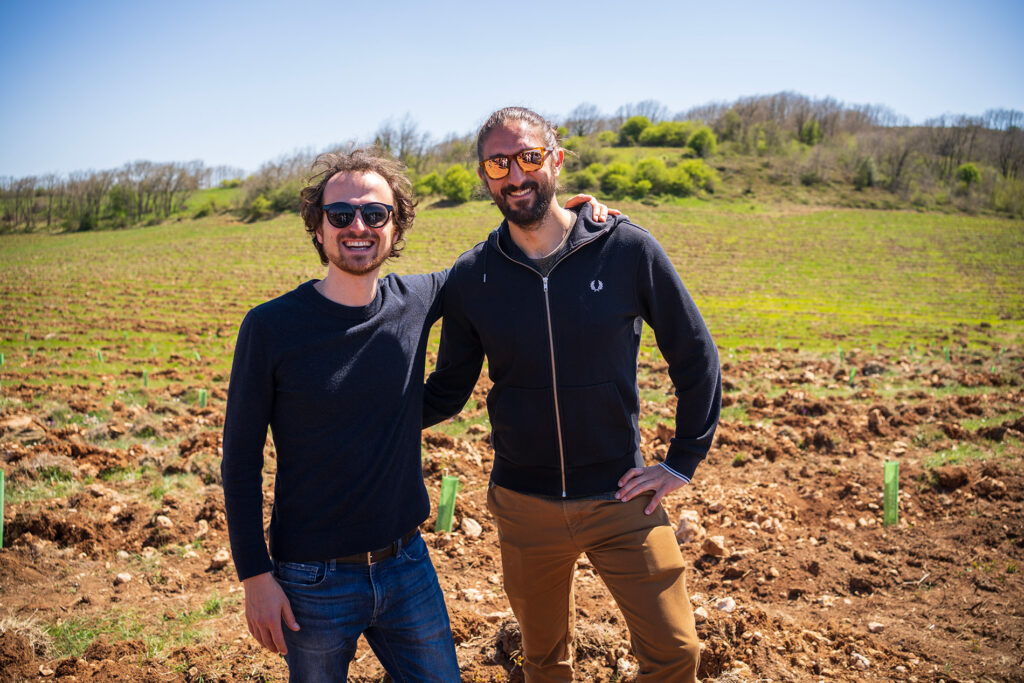
“Our mission at Reforestum is to surface information in a way that corporates can confidently invest in projects that have a positive impact,” Bressand says.
With support from Microsoft, the platform has helped about a hundred clients and partners avoid or remove more than 70,000 tons of carbon and invest $1.3 million (1.2 million euros) in climate projects in the last two years.
Building on Azure helps Reforestum meet its customers’ security and efficiency needs, while working with mentors helps it navigate business-to-business ecosystems and global climate initiatives. The startup founders recently attended the environmental summit ChangeNOW in Paris with Microsoft, where it gained valuable exposure to people in the field.
It’s been helpful for Reforestum to partner with Microsoft because “the climate crisis has grown bigger, and we’re only eight people,” Bressand says. “For us to have an impact, we need a multiplier effect.”
Lead image: A Komodo Water employee on Papagarang island in Indonesia helps distribute clean water produced by the company to surrounding islands (photo courtesy of Komodo Water).


